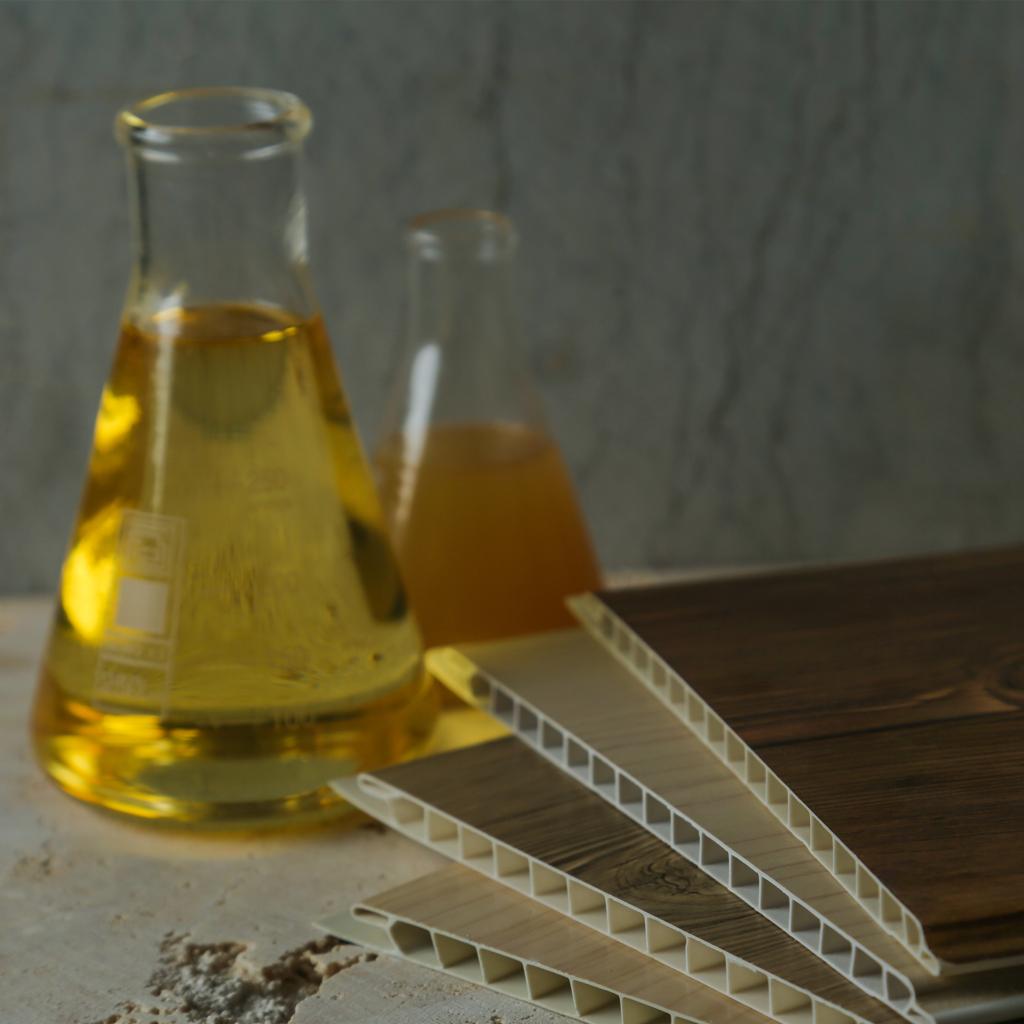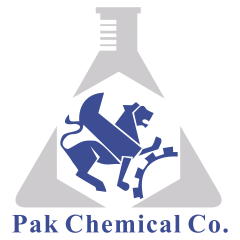The polyvinic chloride industry, better known as PVC, is constantly evolving, bringing forward new solutions to address the varied requirements of its wide range of applications. At the heart of these advancements lie PVC stabilizers – the unsung heroes of the PVC production process. In this article, we delve into the world of Liquid PVC Stabilizers, uncovering their role, properties, benefits, and much more.
Understanding PVC and the need for Stabilizers
Polyvinyl Chloride (PVC) is one of the most widely used plastics worldwide due to its versatility. It’s ubiquitous in a multitude of applications, including construction materials, medical equipment, clothing, and more. This is largely because of PVC’s unique attributes like durability, cost-effectiveness, and resistance to environmental degradation.
However, PVC isn’t invincible. When subjected to heat during processing, PVC undergoes dehydrochlorination, a process that results in the release of hydrochloric acid. This process not only weakens the final product’s structural integrity but also poses significant safety and environmental hazards. To counter this, stabilizers are added to PVC during production.
Introducing
Stabilizers are substances that prevent the degradation of PVC, extending its lifetime, improving its heat stability, and ensuring safer processing. They come in various forms, with liquid PVC stabilizers being one of them.
Primarily composed of organic metal compounds, utilized extensively in the PVC industry. Typically favored for their compatibility with PVC, ease of mixing, and improved efficiency in heat stabilization.

Advantages
There are several reasons why liquid PVC stabilizers have gained prominence in the industry.
1. Improved Processing: Liquid stabilizers mix better with PVC resin compared to their solid counterparts. The increased homogeneity translates to uniform stability throughout the product, thereby enhancing the overall product quality.
2. Enhanced Performance: Liquid stabilizers often deliver better heat stability. This ensures PVC products maintain their form and functionality even under high temperature conditions, making them suitable for a wider range of applications.
3. Simplified Storage and Handling: Unlike powdered stabilizers, liquid PVC stabilizers are easier to store and handle, reducing potential workplace hazards and simplifying the production process.
4. Eco-Friendly: Many liquid PVC stabilizers are designed to be environmentally friendly, offering a safer alternative to lead-based stabilizers.
Applications of Liquid PVC Stabilizers
Given their benefits, liquid PVC stabilizers find their way into numerous PVC applications. For instance, they’re used in the manufacturing of PVC cables and wires, ensuring flexibility and heat resistance. The construction industry relies on them for producing durable PVC pipes and fittings. They’re also utilized in the production of PVC films and sheets, offering stability and durability.
Choosing the Right Liquid PVC Stabilizer
The choice of liquid PVC stabilizer depends largely on the application. Factors such as processing temperature, desired product characteristics, environmental considerations, and regulatory compliance all play crucial roles in this selection process. Manufacturers must carefully evaluate these parameters to choose a stabilizer that delivers the desired performance without compromising on safety or sustainability.
The Future of Liquid PVC Stabilizers
As PVC applications continue to diversify, so do the demands on PVC stabilizers. Today, the focus is on developing stabilizers that not only offer superior performance but are also safe and environmentally responsible.
Innovations are already underway, with new stabilizer formulations promising better compatibility with PVC, higher heat stability, and reduced environmental impact. The future of liquid PVC stabilizers is bright, and their role in shaping the PVC industry cannot be overstated.
In conclusion, liquid PVC stabilizers are integral to the PVC industry, ensuring the safe production and longevity of PVC products. Their advantages over traditional stabilizers make them a preferred choice for many manufacturers. As we move towards a more sustainable future, the evolution of these stabilizers will continue to play a pivotal role in the growth and diversification of the PVC industry. As always, staying informed is key to staying ahead. Keep an eye on the latest developments in this field to make the most of what liquid PVC stabilizers have to offer.
